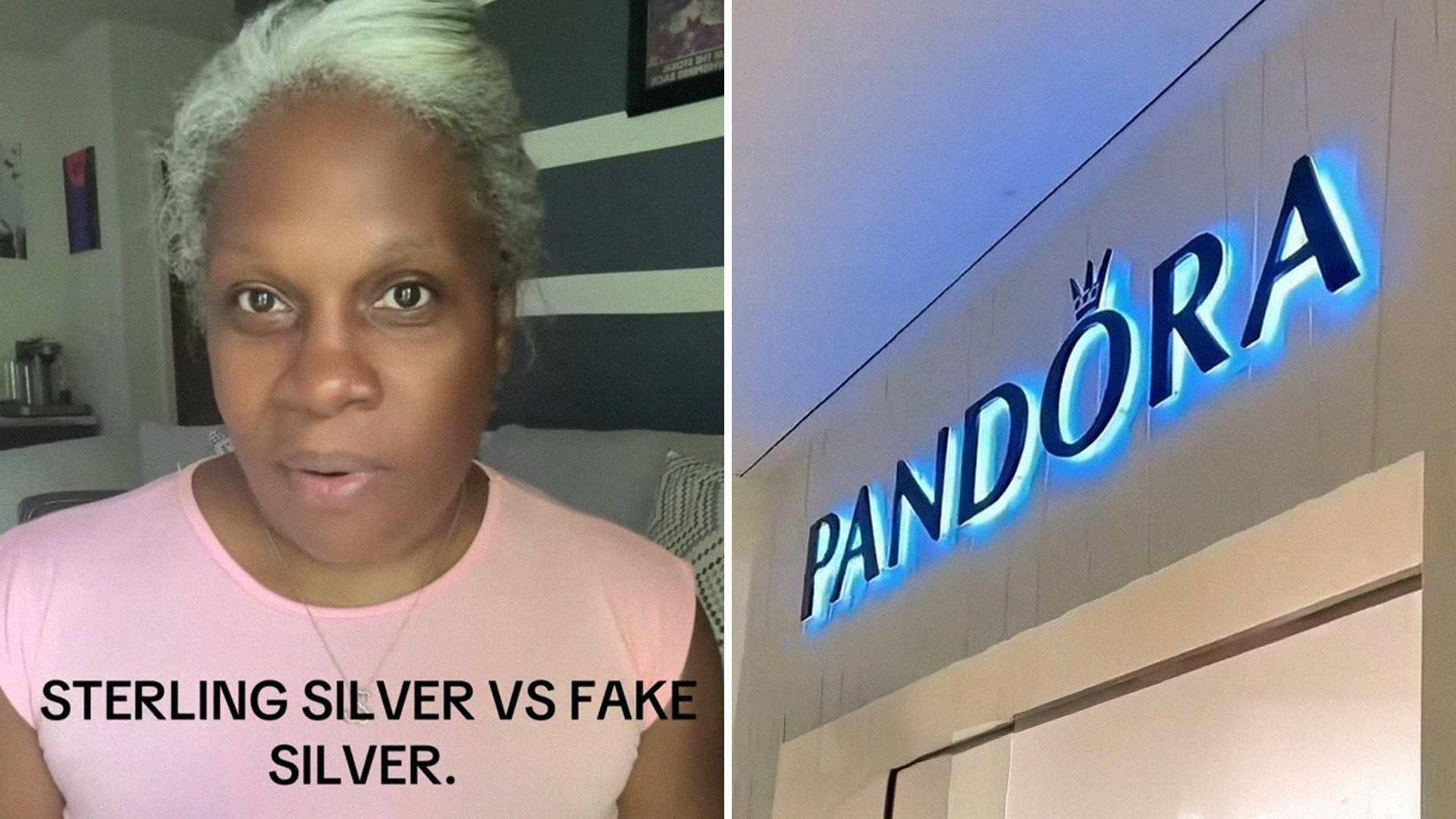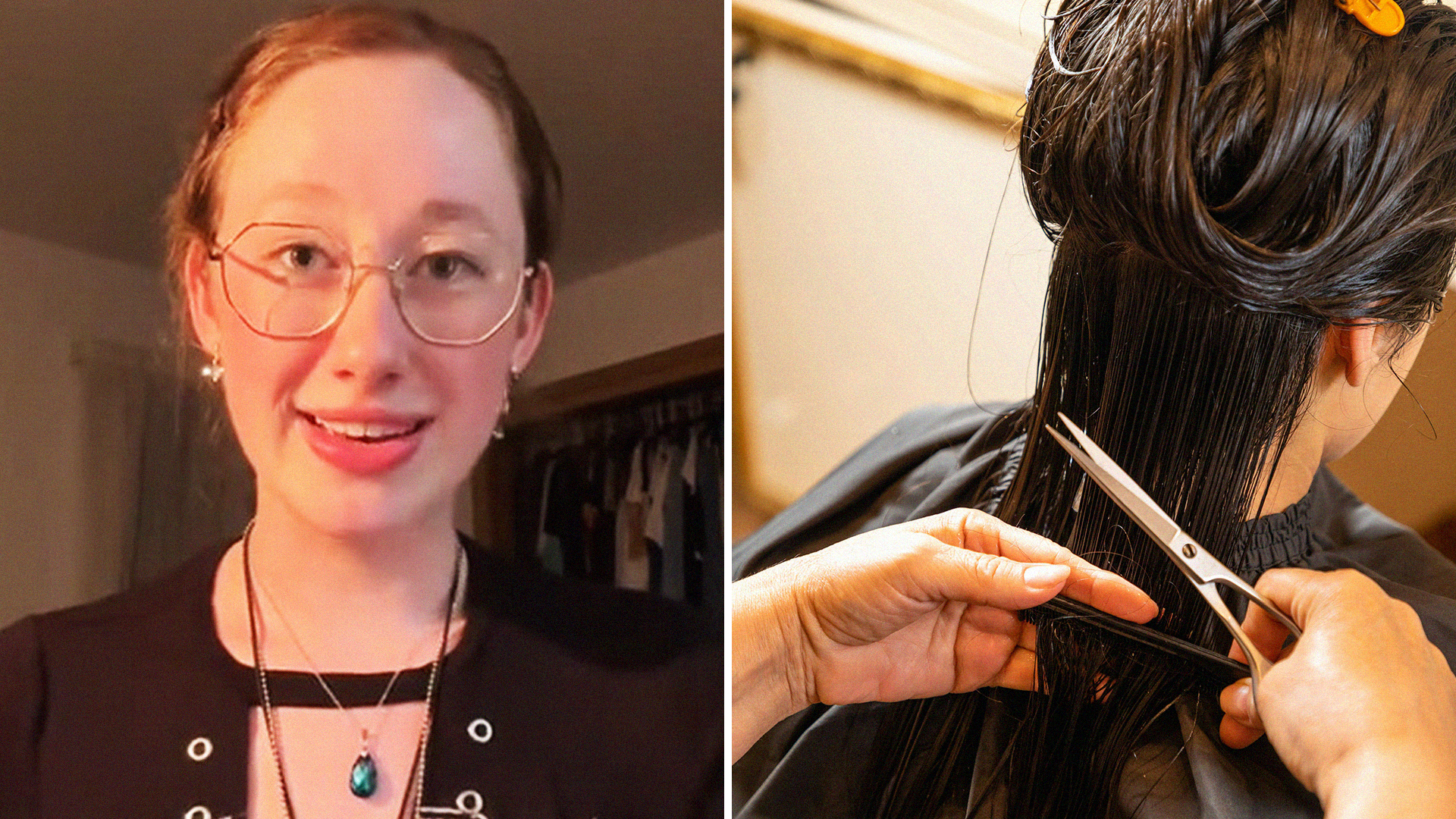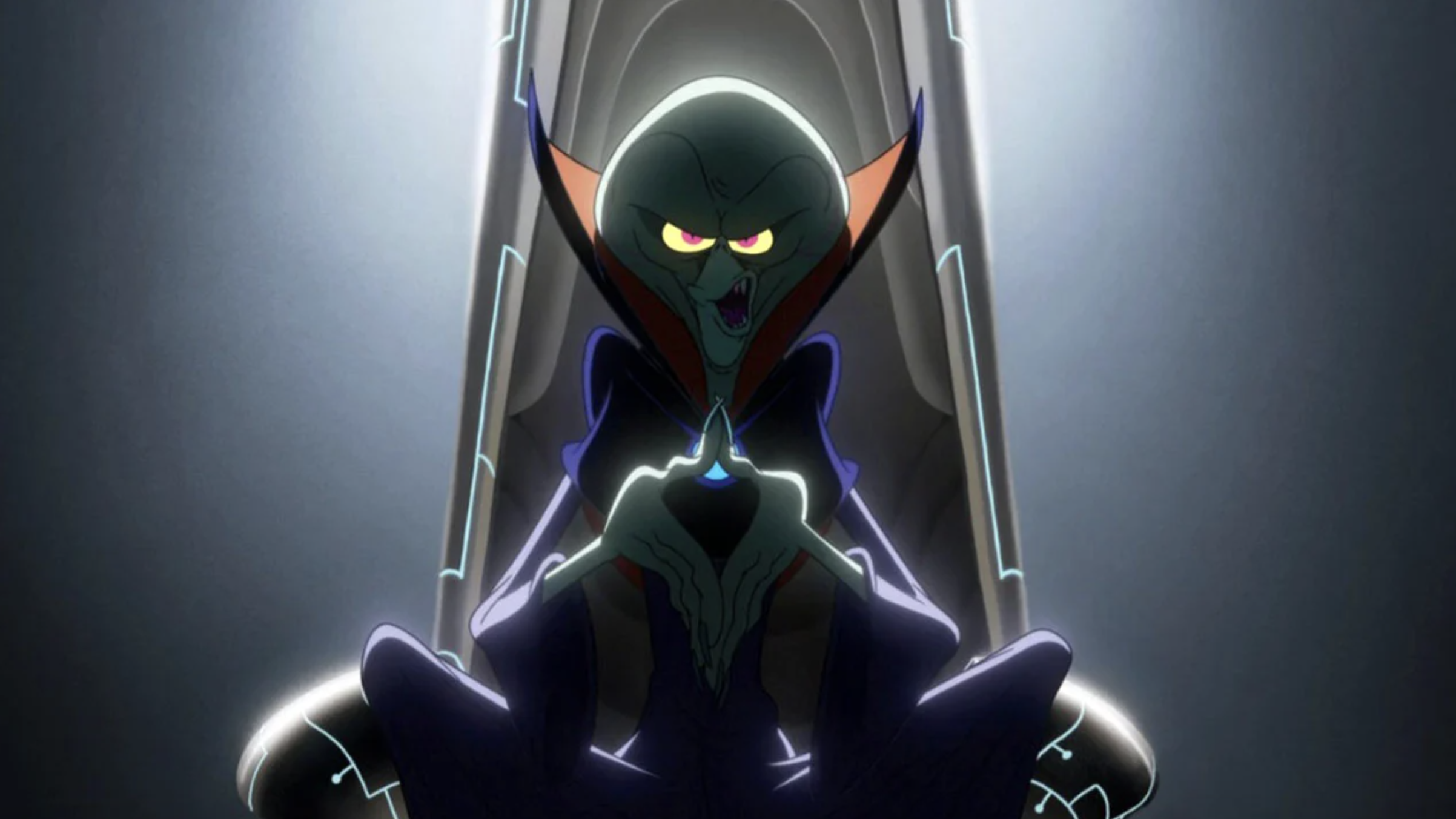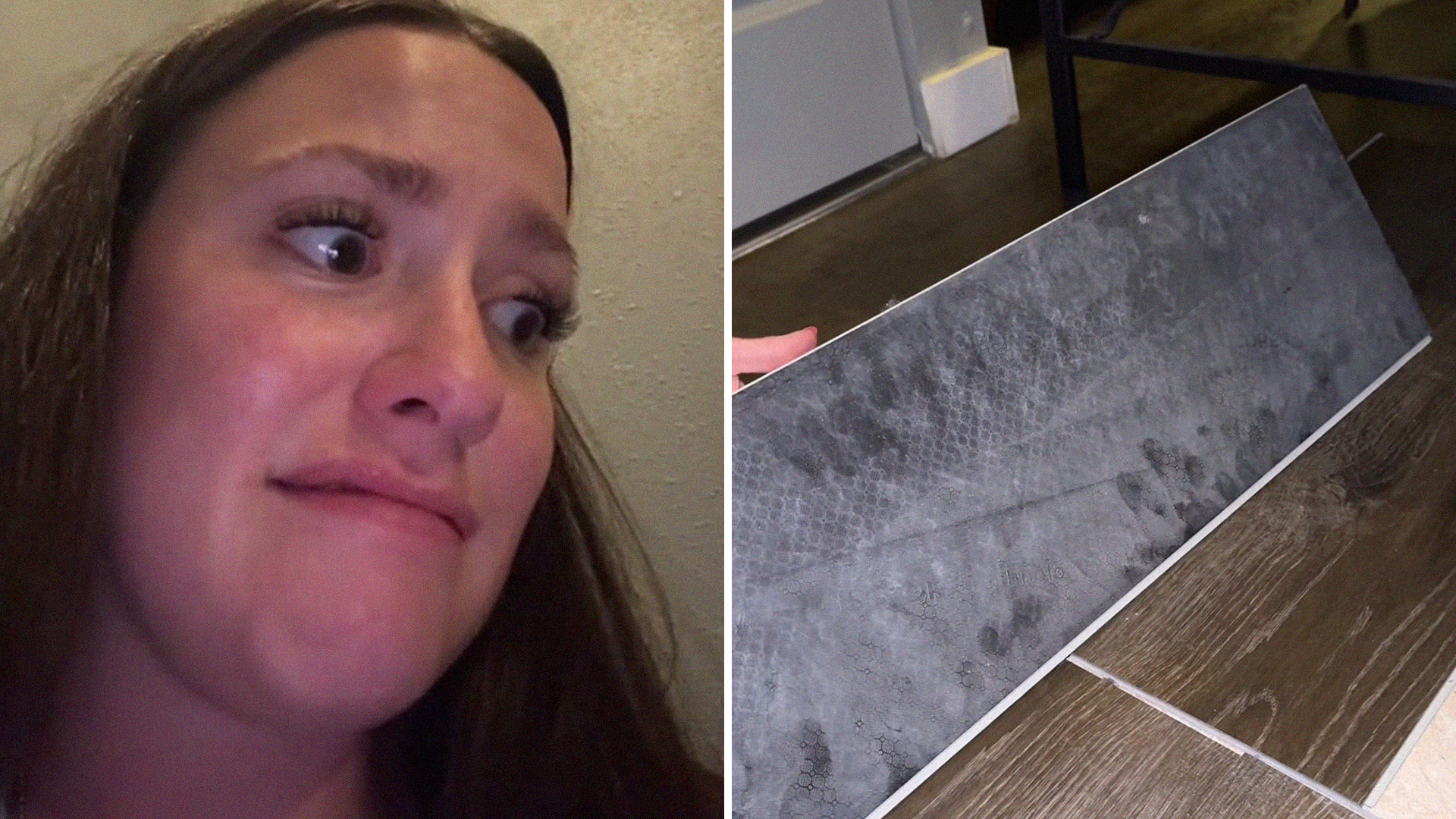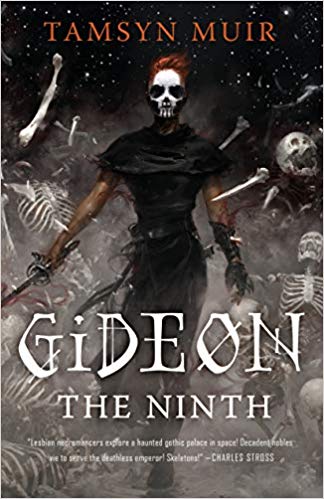Posted by Marie Brennan
https://bookviewcafe.com/new-worlds-dystopias/
https://bookviewcafe.com/?p=19174
Originally I was going to do just one essay covering both utopias and dystopias. As last week proved, though, there turned out to be enough to say that there was no way to cram them both into a single piece.
And I think doing so would have done a disservice to both concepts, because — despite the parallelism in the names — I don’t think dystopias are simply the inversion of utopias, a writer asking “how could things be maximally bad?” rather than “how could things be maximally good”? They’re similar, of course, but they’re playing a somewhat different game.
Unlike utopias, dystopias have gone through waves of massive popularity. The most recent (so far as I’m aware) was the young adult boom of the 2010s, exemplified by Suzanne Collins’ The Hunger Games and its myriad of imitators. Like any fad, these rapidly fell into a predictable pattern — to the point where someone created an online dystopia generator, outputting “[A] is banned and the government controls [B].” The elements in the randomizer are deliberately silly — when I loaded that page, I got “Keychains are banned and the government controls Halloween costumes” — but it rightly pokes fun at the tendency of the lesser dystopian novels to grab some sensational elements without thinking more deeply about the what, and the why, and the how.
At their best, dystopian novels are not simply about people suffering because Things Are Bad — much less about plucky heroes managing to stage a couple of cool battles and overthrow the evil regime (with zero thought given to what’s going to happen afterward). They’re explorations of cruel social forces, usually grounded in oppressive patterns that exist today, but extrapolating them into more intense, pervasive forms . . .
. . . maybe. If you want to be truly cynical about it, you could argue that a vast swath of our fiction is dystopian, because a vast swath of our society is dystopian. I don’t agree with that argument; I think there’s a difference between acknowledging the inequalities and bigotries we struggle against in real life or some fictional replacements, and telling a story where those problems have been magnified, imbued with even more power, and positioned center stage. But I’m also willing to grant that my differentiation there is a matter of perspective, and people have written entirely non-speculative novels, grounded in their own experience, which would absolutely read as dystopian. It’s a matter of how the material gets framed, perhaps.
Which aligns with what I said before about how many modern fictional “utopias” are actually just the set-up for the dystopian spike: this society which looks so nice on the surface is in truth built upon a foundation of terror and oppression. To put it in specific, real-world terms, right now an increasing number of white Americans are beginning to understand the view their Black neighbors have always had of the police, that they are not a trustworthy force for good, but rather the increasingly militarized enforcement arm of an unjust society. Many dystopias, after all, offer a pretty sweet deal to those few lucky enough to be on top.
But fictional dystopias usually go further. It’s not just that the police are oppressive and inclined toward violence against anybody they don’t like; they have omnipresent surveillance technology (well beyond what we’re capable of today), or every legal limit on their power has been removed (well beyond the permissiveness they enjoy today), etc. Instead of generalized financial and food insecurity, society has been engineered such that people are literally paid in food — probably bland and barely sufficient — and at some point early on in the story we’ll see a character who gets behind in their work enter the downward spiral of malnourishment -> weakness -> decreased productivity -> death by starvation, with no safety net, however inadequate, attempting to arrest their fall. What is loosely true in our society gets presented much more starkly, reducing the average person to no more than a disposable cog in the machinery of production.
Some stories that go this route wind up feeling like a gratuitous slog through the misery of their characters (though where that line falls is going to vary from reader to reader or viewer to viewer). By contrast, the richest dystopias don’t just fiat their horrors into place: they consider how society got to that point, and why those specific forms of oppression were the ones that got magnified. Did some new technology allow an individual or a cabal to suddenly assert their will over the general populace? Did a disaster spur society to accept measures that in hindsight were unwise, but now can’t easily be undone? Have high ideals, pursued too far, become their own form of injustice?
And how does the vision thus presented comment on our own world today, or the directions it could go in? I’ve read some unsatisfyingly grimdark novels which feel like they’re trying to comment on a particular evil, e.g. colonialism or unchecked capitalism . . . but it’s clear the writer doesn’t actually understand the historical underpinnings of those forces, what drove them to create the problems we grapple with today. And because the underpinning is flimsy, the commentary packs a weaker punch than it might otherwise do: it’s responding not to the real issue, but to a cardboard facsimile thereof.
Since I mentioned paradise-as-utopia in the previous essay, I should note that dystopias likewise have their parallel in religious thought. Certain religions posit that a time will come, or has already come, where everything will begin to fall apart. The virtues of the past will be lost, rulers will exert power purely for their own selfish gain, disasters will arise across the land, etc. I won’t dive too deeply into this because we’ve already discussed eschatology (in Year Six), but I want to bring it up now because I think it offers an interesting avenue by which fantasy novels can engage with the dystopian and apocalyptic discourse more commonly seen in science fiction. The flavor is different, of course, but I think it’s a neat take!
In the end, though, most of our stories are going to fall somewhere in the middle of our utopia-to-dystopia spectrum. A perfect society with no internal problems has a hard time playing host to engaging fiction; a crapsack world where everything is terrible all of the time winds up feeling every bit as implausible. But pushing the needle in one direction or another can let you focus on a specific issue, imagining ways it might be put into place . . . or dismantled.

https://bookviewcafe.com/new-worlds-dystopias/
https://bookviewcafe.com/?p=19174
